But I must explain to you how all this mistaken idea of denouncing pleasure and praising pain was born and will give you a complete account of the system and expound the actual teachings of the great explore
Contact Us
The Bio Composting Project aims to revolutionize waste management practices at fruit and vegetable markets through collaboration with Self-Help Groups (SHGs). By establishing bio-composting units, we're transforming organic waste into high-quality compost, contributing to a sustainable environment.
Addressing India's Waste Crisis
India grapples with a significant challenge of organic solid waste, projected to reach alarming levels by 2030 and 2050. Adopting a circular economy approach is crucial for sustainable waste management, aligning with the vision of an AatmaNirbhar Bharat.
What is Bio Composting?
Bio composting harnesses natural processes, utilizing microorganisms like bacteria, fungi, and worms to decompose organic matter. This eco-friendly technique produces nutrient-rich compost, fostering healthier soil and plant growth.
Partnering with Women Self-Help Groups (SHGs), we're implementing the Bio Composting Project at Vadodara City. SHG members receive support to establish bio-compost units, undergo training in composting techniques, waste segregation, and entrepreneurial skills.
Project Objective
Empower women through income-generating opportunities.
Provide training on Bio Composting and waste management.
Reduce landfill waste and environmental impact.
Promote sustainable agriculture through organic compost.
Foster local entrepreneurship and economic development.
In collaboration with the Vadodara Municipal Corporation, we'll install and operate bio-composting units. Regular waste audits and compost quality tests ensure project effectiveness.
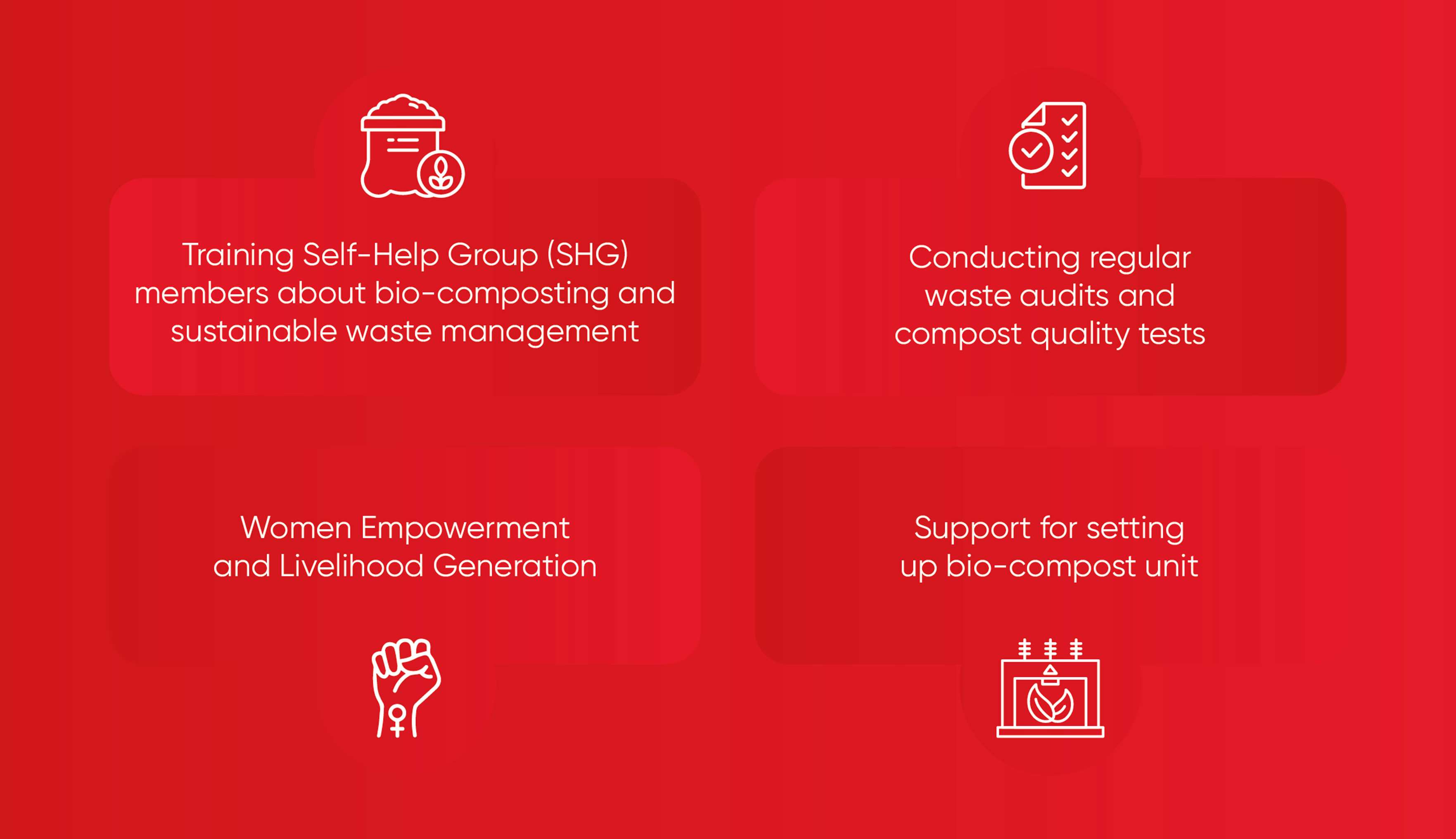
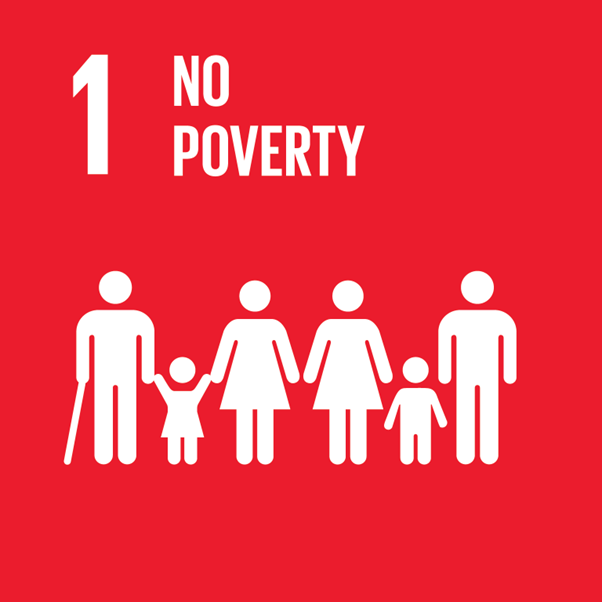
The project generates employment opportunities for SHG members, contributing to poverty reduction and economic growth.
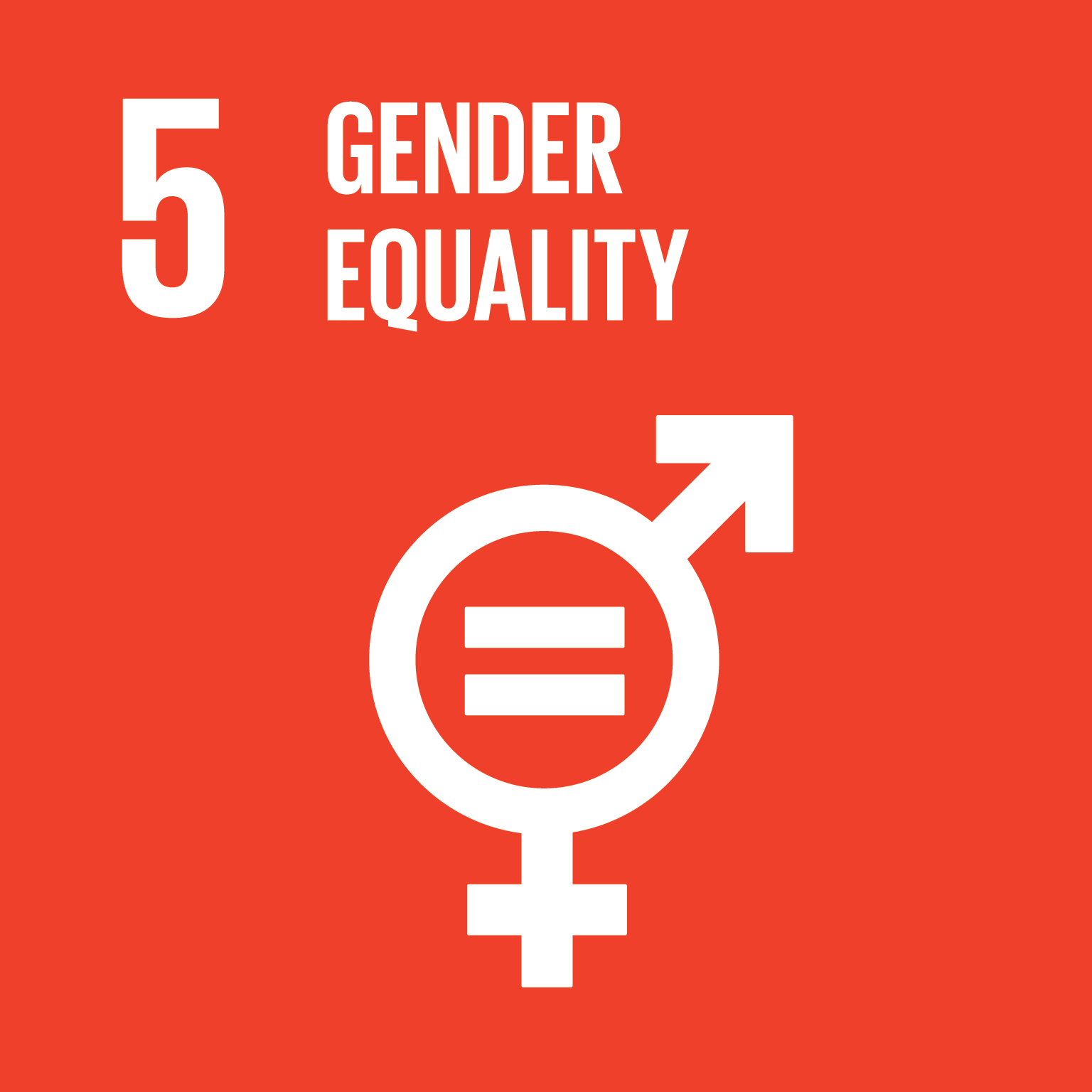
The project involves the participation of women from the SHG, Thereby promoting gender equality and women's empowerment.
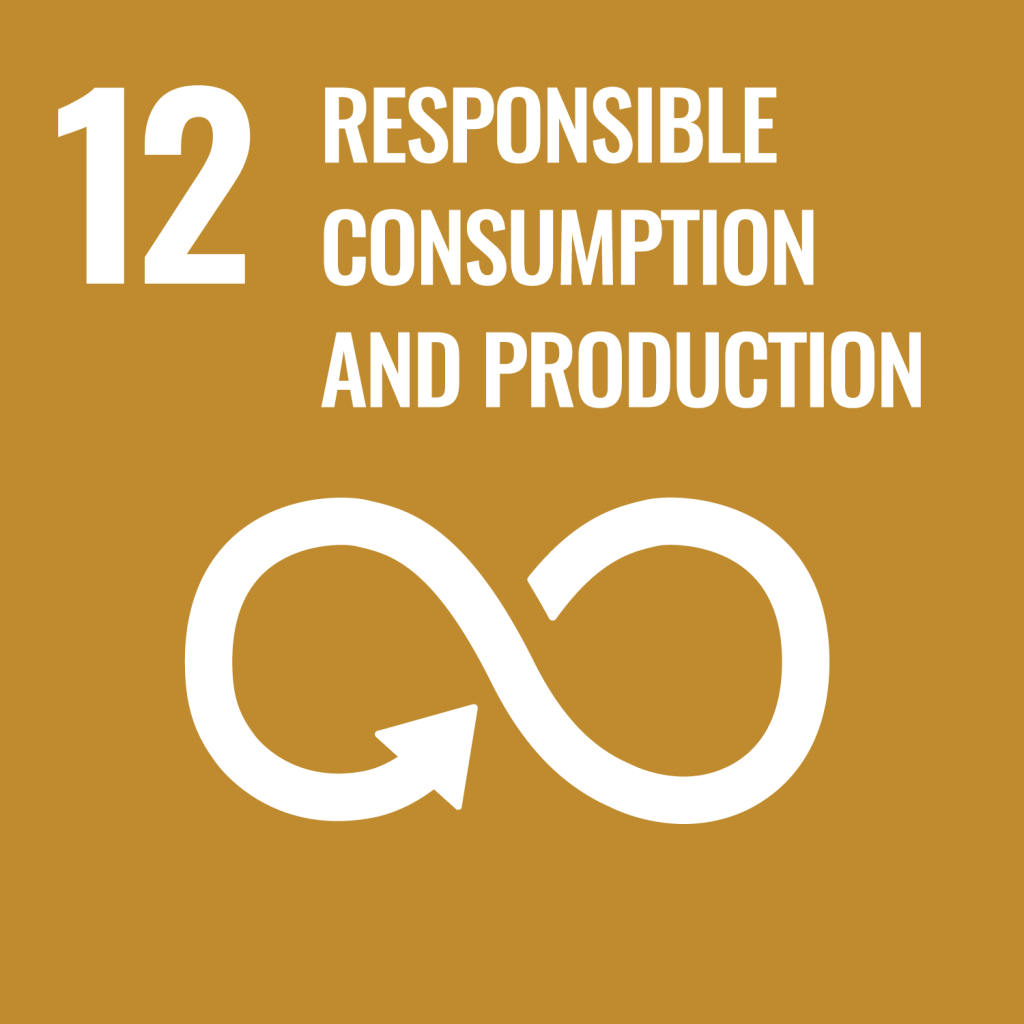
The project promotes sustainable waste management practices and reduces the amount of waste sent to landfills, contributing to a circular economy.
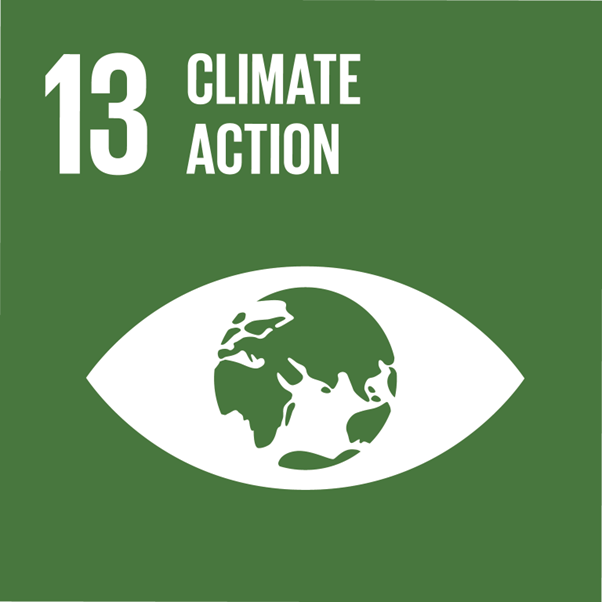
By reducing the amount of organic waste sent to landfills, the project can reduce greenhouse gas emissions.
The project offers numerous benefits:
Decreasing landfill waste and greenhouse gas emissions.
Creating valuable resources from organic waste.
Generating employment for SHG members.
Promoting sustainable agriculture and local entrepreneurship
130
Women to get livelihood
1,59,600
KG of CO2 is expected to be captured within 5 years
23,40,000
of organic waste to be stopped going in Landfills in 5 years
150
Compost units to be placed within 5 years
90,00,000
(in INR) Turnover within 5 years of implementation
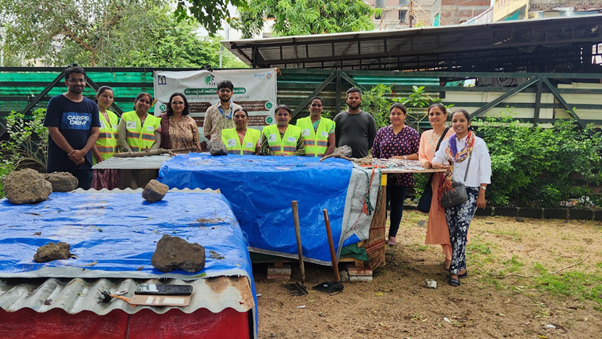
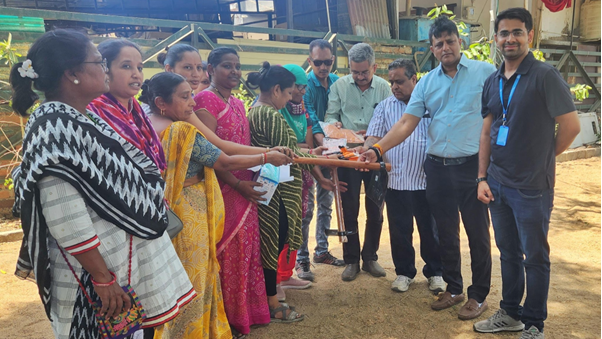
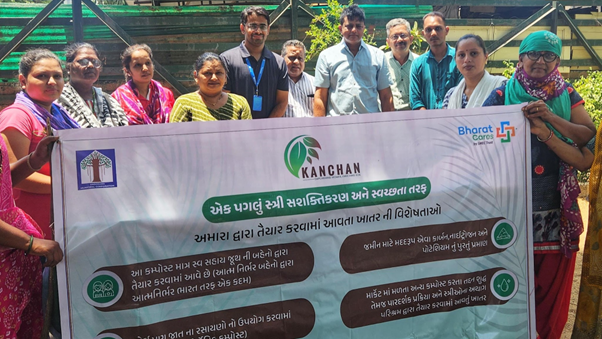
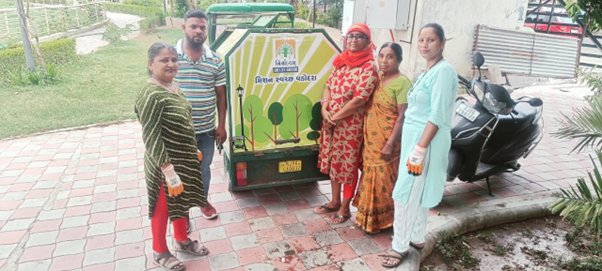
Share: